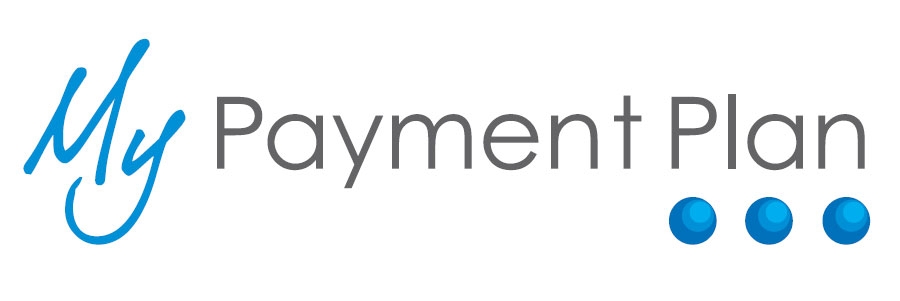
- Cyber Security – beware Black Friday Scammers
Unless you’ve been living under a rock, you probably read about the cyber-attack on the Manchester United PLC last week. IT systems across their empire went offline, with workers unable to access some files. And the computer virus even stopped some operations and medical procedures from taking place. This is because it was a ransomware virus, meaning it can encrypt files and demand you pay to get them back.
You might assume that you’d have to be naive to fall for a ransomware scam like this – but that’s actually not the case. Ransomware scams are evolving every day, meaning they can now even catch IT experts out. And you only need to drop your guard for a few seconds for a cyber-attack to take over your computer.
Don’t panic though – we’ll take you through how to protect yourself online.
Avoiding a cyber-attack
Here are our top tips on avoiding a cyber-attack like the one on the NHS.
1. Look at the email address. If you’ve got an email and you don’t know anything about it, see who sent it. Don’t just look at the name of the sender – check to see the sender’s actual email address. An email might look like it’s come from a trustworthy source but when you see the email address, it could be a scammer.
2. Don’t click on any links. Got an email you don’t recognise? Make sure you don’t click on any links or open any attachments. This can download a ransomware virus to your computer. If you’re not sure, just delete it.
3. Don’t give out your password. A legitimate company would never email you to ask you for your password. So if you get an email that says this, alarm bells should start to ring.
4. Update your software. One of the best ways to avoid a ransomware cyber-attack is to make sure you’ve got the most up-to-date version of your software. Head to the Microsoft website and install any patches or fixes to stay protected.
5. Install anti-virus software. Make sure you’ve got a robust anti-virus program installed on your computer. You don’t have to pay for this – Windows Defender comes with Windows 8 and Windows 10 PCs and you can install Microsoft Security Essentials if you’re on Windows 7.
6. Don’t pay the scammers. If ransomware has infected your computer, don’t lose your head. It’s easy for the warning messages to scare you and this might tempt you to pay up. Don’t do this though – there’s no guarantee if you pay that the scammers will release your files. Instead, report them to the police and Action Fraud. This is a dedicated cyber crime reporting service.
If you’re currently worried about your finances, have unsecured debts from personal borrowing and would like to speak confidentially to an advisor who can talk to you about the benefits and considerations of a range of debt solutions and personal insolvency solutions, then please get in touch by calling 0114 331 0095
The advice comes without judgement, without obligation and is on your terms and time.
Visit www.mypaymentplan.co.uk to request a call back at a time to suit you. By requesting a call, you are under no obligation to use our services. My Payment Plan provide solutions to customers living in the United Kingdom.
Should you choose to undertake a plan or arrangement, there may be consequences to consider, including restrictions on future expenditure, lending and on your ability to obtain further or future credit. Fees, terms and conditions apply. For further information and advice please visit www.mypaymentplan.co.uk.
The services that we provide may be available at no cost from other government and charity based providers. Further information can be obtained from the Money Advice Service.


Leave a Comment